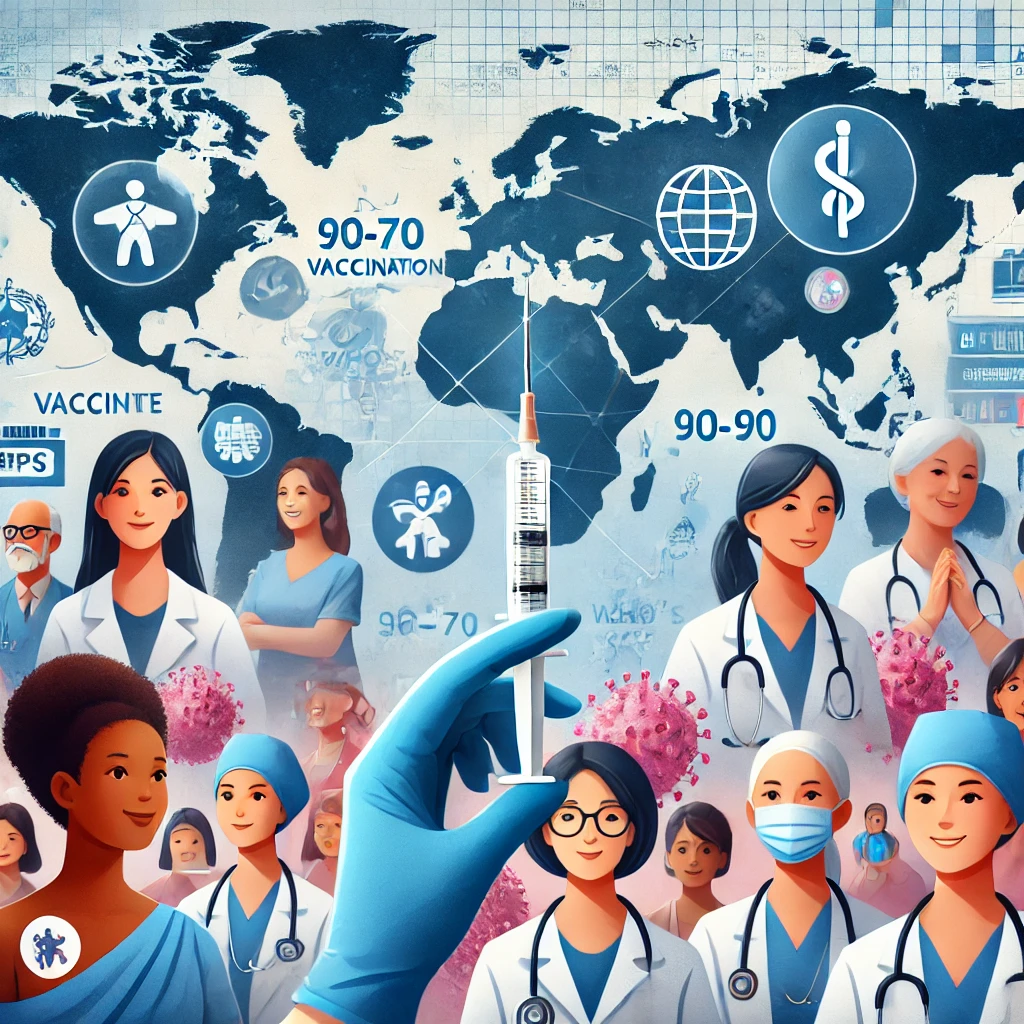Dr. Jenny Haberfeld, Head of the Mammogram Unit at Charlotte Maxeke Johannesburg Academic Hospital (CMJAH), has witnessed an increasing number of breast cancer cases over her 22-year career, with a growing concern over late-stage diagnoses. She regularly receives gratitude from patients on their road to recovery but remains troubled by those who seek treatment only after their cancer has advanced, necessitating more aggressive and costly interventions.
Breast cancer is a growing concern in South Africa. According to the Department of Health, the incidence of the disease is on the rise, and it is one of the most common cancers among women in the country. Breast cancer is most prevalent among White and Asian women and ranks as the second most common cancer among Black and Coloured women. Encouragingly, about 90% of patients survive for many years after diagnosis when the condition is detected early.
Despite the challenges, Haberfeld expressed immense satisfaction in being able to guide patients through recovery, particularly when a feared diagnosis turns out negative. “Delivering a negative diagnosis to someone who feared they had the disease brings immense relief and joy,” she shared in an interview with Public Sector Manager magazine.
At the hospital’s small but cohesive unit, the team offers comprehensive breast cancer services, from mammograms to MRIs, biopsies, surgeries, radiation, and oncology. “We are able to offer patients excellent service because we have everything in one hospital and work as a cohesive group,” she explained.
However, the increasing demand for services, combined with a shortage of staff, poses a significant challenge. "We are seeing more patients every year, and unfortunately, many of them come to us when their cancer has reached an advanced stage, which is much more difficult and expensive to treat,” Haberfeld said.
Raising Awareness for Early Detection
A key concern for Haberfeld is the lack of awareness surrounding early detection. She emphasizes the need for routine breast cancer screenings, particularly for women over 40, to catch the disease in its early stages when treatment is more effective and less invasive.
Although breast cancer awareness is relatively high among well-educated and urban populations, more work is needed to reach rural areas and communities with limited access to healthcare information. "In rural areas, people may believe that if there’s no pain, there’s no problem. But breast cancer often doesn’t hurt in its early stages," she explained, highlighting that some patients delay seeking help because they assume a painless lump is harmless.
High Caseloads and Limited Resources
In addition to handling the most severe breast cancer cases, CMJAH also assists regional hospitals such as Pholosong, OR Tambo, and Far East Rand. The high demand for specialized care has led to an ever-growing waiting list. “We are seeing patients with advanced cancer competing for appointments with those who have relatively minor issues, which puts a strain on our limited capacity,” Haberfeld added.
She also noted a troubling trend: patients often report being misinformed at local clinics, where nurses sometimes dismiss their symptoms, delaying referrals to specialized units like hers. "It's a huge problem when clinics do not refer patients in time. By the time they reach us, the cancer has often spread," she said.
The Need for Better Education and Training
Haberfeld stressed the importance of improving education and training at peripheral clinics to ensure that breast cancer cases are detected and referred earlier. She called for the implementation of educational programs at local clinics and public awareness days to inform both healthcare workers and the community about the importance of early detection.
Her hope is that by raising awareness and enhancing staff training, more women will seek early screenings, allowing healthcare providers to intervene before the disease reaches an advanced stage. "We need to ensure that the message of early detection reaches everyone, no matter where they live," Haberfeld concluded, emphasizing that education is key to improving outcomes for breast cancer patients in South Africa.











